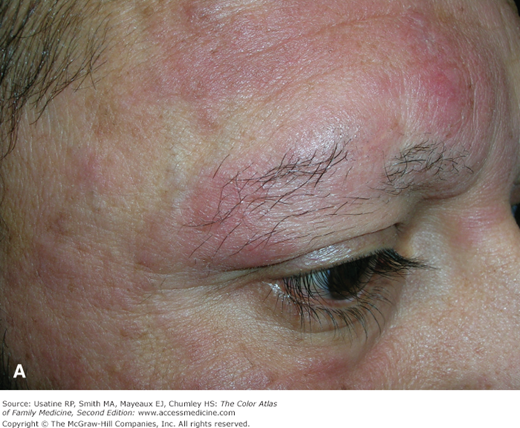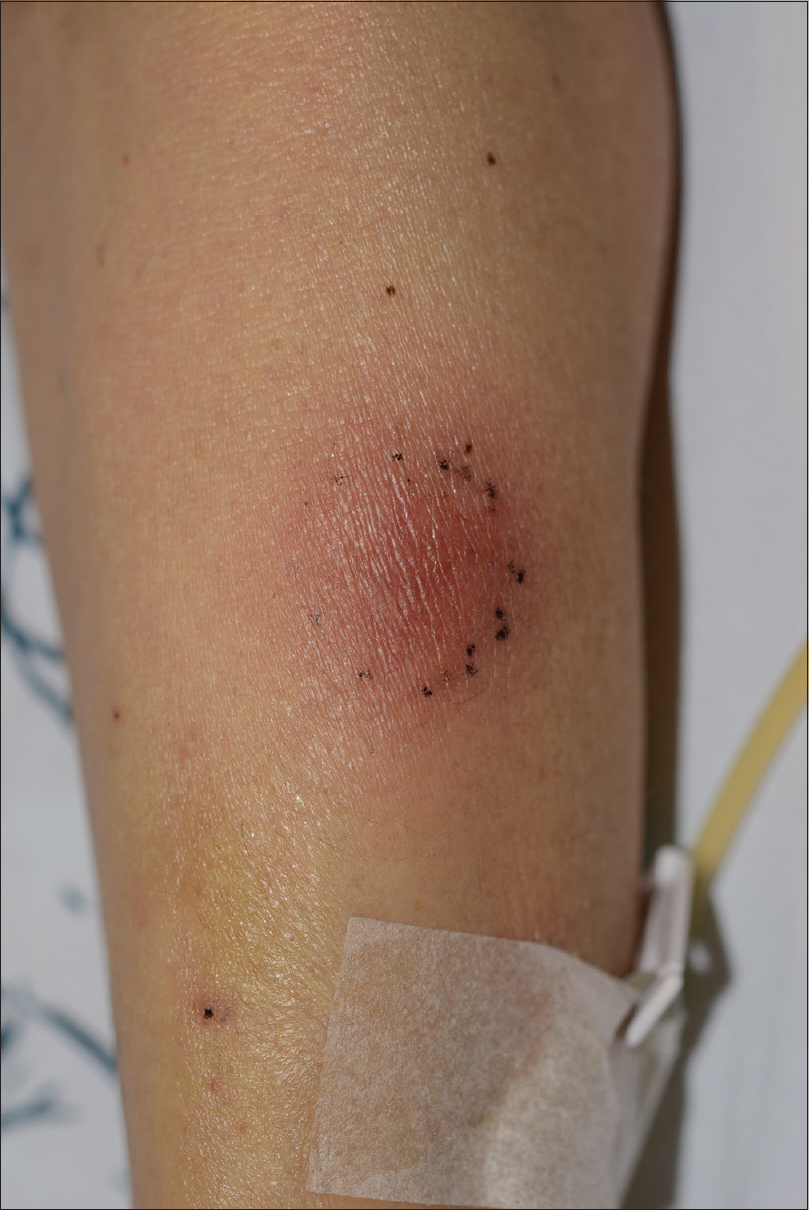

For information, the full indications for Adcetris will be as follows: 1ĪDCETRIS is indicated for adult patients with previously untreated CD30+ Stage III or IV Hodgkin lymphoma (HL) in combination with doxorubicin, vinblastine and dacarbazine (AVD) (see sections 4.2 and 5.1).ĪDCETRIS is indicated for the treatment of adult patients with CD30+ HL at increased risk of relapse or progression following autologous stem cell transplant (ASCT) (see section 5.1).ĪDCETRIS is indicated for the treatment of adult patients with relapsed or refractory CD30+ Hodgkin lymphoma (HL): The CHMP adopted an extension to an existing indication to include treatment of Stage III Hodgkin lymphoma (HL). The marketing authorisation holder for this medicinal product is Takeda Pharma A/S. 2021 Oct 138(14):1225–36.On 14 September 2023, the Committee for Medicinal Products for Human Use ( CHMP) adopted a positive opinion recommending a change to the terms of the marketing authorisation for the medicinal product Adcetris. Integrated genomic analyses of cutaneous T-cell lymphomas reveal the molecular bases for disease heterogeneity. Park J, Daniels J, Wartewig T, Ringbloom KG, Martinez-Escala ME, Choi S, et al. identified unique genetic signatures which could help in classifying subtypes of CTCLs, and thus help in the formulation of focussed treatment options for patients. The treatment strategy should be formulated based on the genomic profile of the individual, and different immunotherapies could be used for each subset of patients. These results highlight that PD-1 immunotherapy may not work with all patients. Individualising treatment based on genome

These results are in line with earlier observations with PD1 immunotherapy and CTCL: while the majority of patients benefit from PD-1 immunotherapy treatment, some patients suffering from other cancers eventually developed CTCL. The most important finding of these analyses was the association between PD-1 loss and tumour aggressiveness, resulting in poor outcomes. The majority of these genes belonged to biological pathways involved in T cell receptor signalling, cytokine signalling and T cell differentiation. Additionaly, two of these mutations have never been associated with any known cancer.
#Cutaneous tcel lymphoma drivers
A high number of samples (more than 300) representing the disease heterogeneity in terms of different subtypes, stages, and disease outcomes helped the researches to identify putative drivers of CTCL.Ī collective analysis of sequencing data from this set of CTCL tumours revealed 86 putative driver genes, of which 19 genes have never been associated with this disease. They sequenced 95 CTCL tumour samples and integrated their data with published results from 203 tumours. has addressed the question of CTCL heterogeneity using high throughput approaches such as whole genome and whole-exome sequencing. Studying CTCL driversĪ recent study by Park et al. Earlier studies using older technologies have investigated only a few subtypes of CTCL, limiting our knowledge about this deadly disease. The observed heterogeneity could be a result of unique genetic alterations which distinguish the CTCL subtypes from each other.

Mycosis fungoides (MF) and Sezary syndrome (SS) constitute around 60% and 5% cases of all CTCLs, respectively. Also, they show that deletion of PD-1 is associated with worse clinical outcomes.ĬTCL is a collection of heterogeneous cancers arising in T cells, primarily in the skin. Researchers have found new drivers of cutaneous T cell lymphoma (CTCL).


 0 kommentar(er)
0 kommentar(er)
